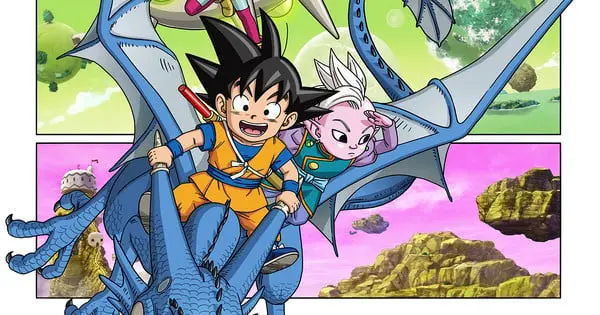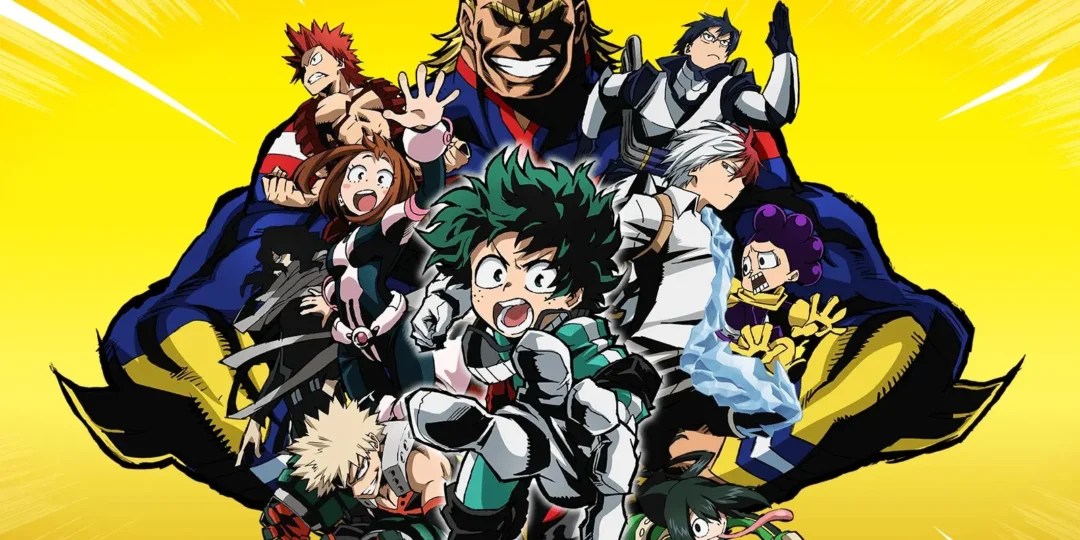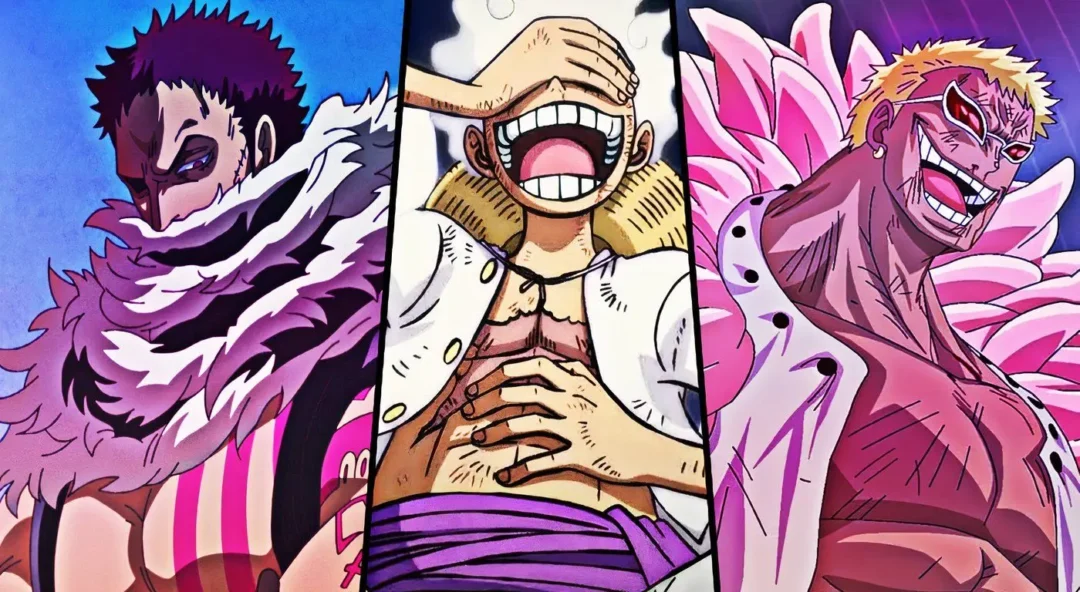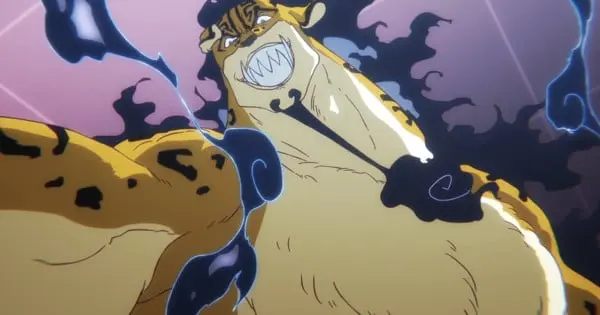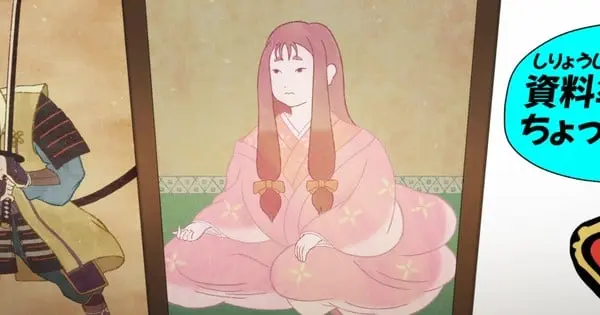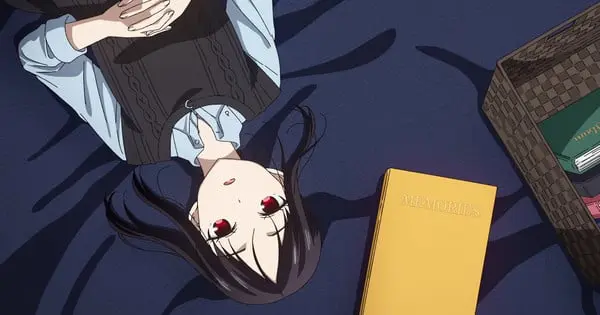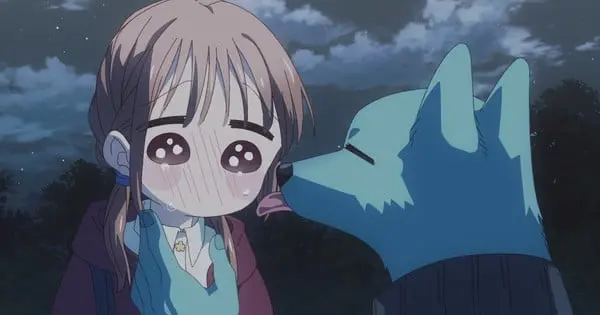The anime series Turkey! -Time to Strike- has captivated audiences with its unique blend of high school bowling drama and unexpected forays into the past. Originally premiering in July 2025, the series, produced by Tatsunoko Production’s Bakken Record and Pony Canyon, centers on the Ikkokukan High School Bowling Club in Chikuma, Nagano, whose members are inexplicably flung into Japan’s turbulent Sengoku period. Episode 10 marks a pivotal turning point, as the protagonists return to their own time only to confront a devastating revelation that forces them to reconsider their past actions and future intentions.
The Bowling Club’s Return to the Modern Era
After their extraordinary and perilous journey through the Sengoku period, the five members of the Ikkokukan High School Bowling Club—Mai Otonashi, Rina Godai, Sayuri Ichinose, Nozomi Mitaka, and Nanase Nikaidō—finally manage to return to their contemporary world. Their bowling ball, which acted as the conduit for their time-traveling escapades, brings them back to their present, seemingly unaffected by their historical interlude. The immediate relief of being home, however, is short-lived.
Unearthing a Tragic Past: The Fate of Suguri and His Family
The true impact of their adventure, and the grim reality of history, hits the girls when they visit a local museum. Here, through an exhibit detailing regional history, they are confronted with a shocking discovery: the “Sengoku squad,” referring to the young samurai Suguri Tokura and his family, who had offered them shelter and friendship in the past, were tragically “slaughtered shortly after they left”. This revelation confirms that their presence in the past, while impactful to them, did not alter the historical trajectory for their newfound friends.
The museum’s historical records paint a picture of the Sakai clan, rulers of the neighboring Wio province, aggressively expanding their territory during Kagki’s reign. This expansion led to the wiping out of dukes or lords who resisted them, eventually acquiring the Yuzariah province (which includes modern-day Chikuma City) in the first year of the Teno era. It is within this brutal historical context that Suguri and his family met their unfortunate end. Details also emerge about a lord asking for the hand of the first daughter in marriage, and an elder sister lying to protect someone, adding layers of personal tragedy to the historical facts.
The Weight of History and the Desire to Intervene
This episode profoundly emphasizes the value and preservation of local history. The girls’ ability to quickly access this crucial information through a local museum highlights the importance of such institutions in connecting people to their past. Had this information not been readily available, their understanding of the consequences of their time travel would have been far more challenging to piece together.
The emotional fallout from this discovery is immense. The club members grapple with the knowledge that the people they cared for in a different era met such a tragic fate. This pushes them towards a monumental decision: rather than accept the unchangeable past, they resolve to return to the Sengoku period and attempt to save Suguri and his family.
Ethical Dilemmas of Time Travel and Timeline Alteration
The decision to intervene in the past raises significant ethical questions that Turkey! -Time to Strike- begins to explore in Episode 10. The notion of altering a timeline, even with good intentions, carries inherent risks and unknown consequences. Nanase’s initial playful suggestion of “wrecking this timeline” is quickly overshadowed by the seriousness of their collective resolve. The girls are determined to prepare adequately before their next temporal leap, recognizing that their previous journey was largely accidental and unprepared.
Setting the Stage for Future Strikes
Episode 10 effectively serves as a launchpad for the latter part of the series. The carefree, somewhat accidental nature of their initial time travel gives way to a mission-driven return. The girls commit to rigorous training, not just for bowling, but presumably to be better equipped to handle the challenges of the Sengoku period and to fulfill their newfound purpose: to rewrite a tragic piece of history.
The series, known for its mix of sports and time travel, deepens its narrative by introducing themes of responsibility, the ethics of historical intervention, and the profound bonds formed across time. As the Ikkokukan High School Bowling Club gears up for their most important “strike” yet, audiences are left anticipating how their determination will clash with the immutable currents of history.

